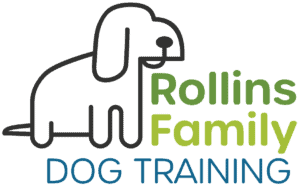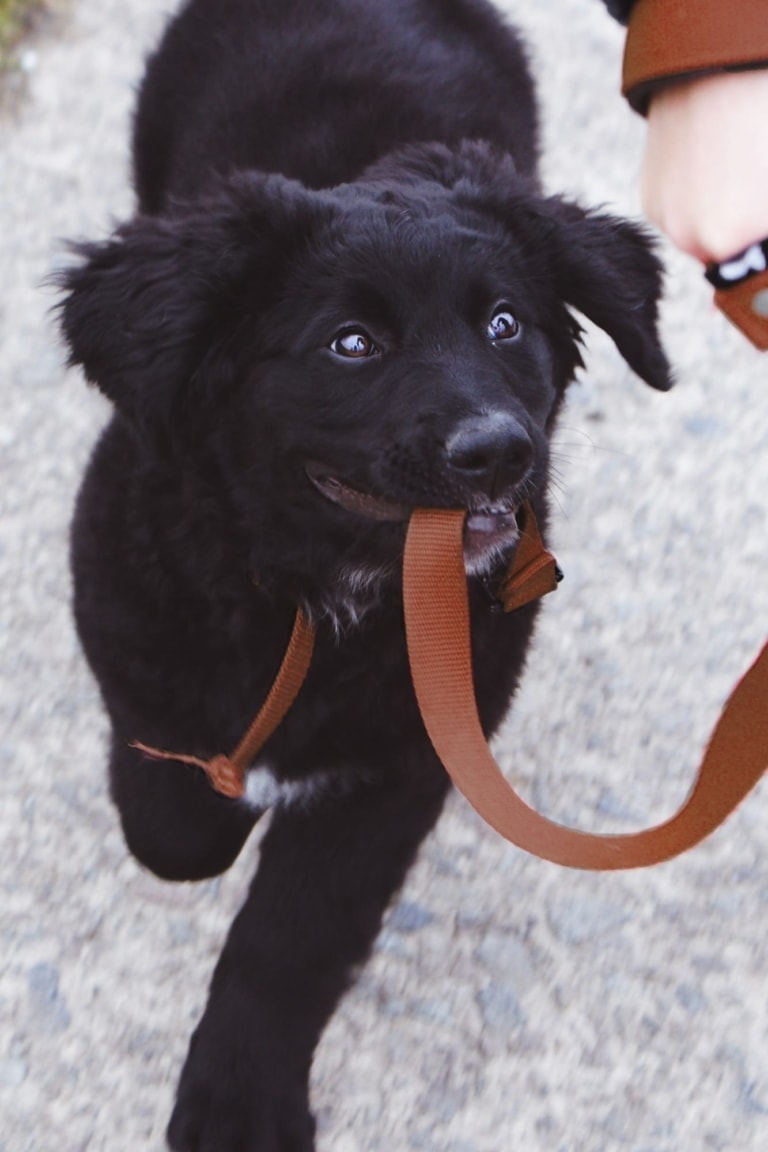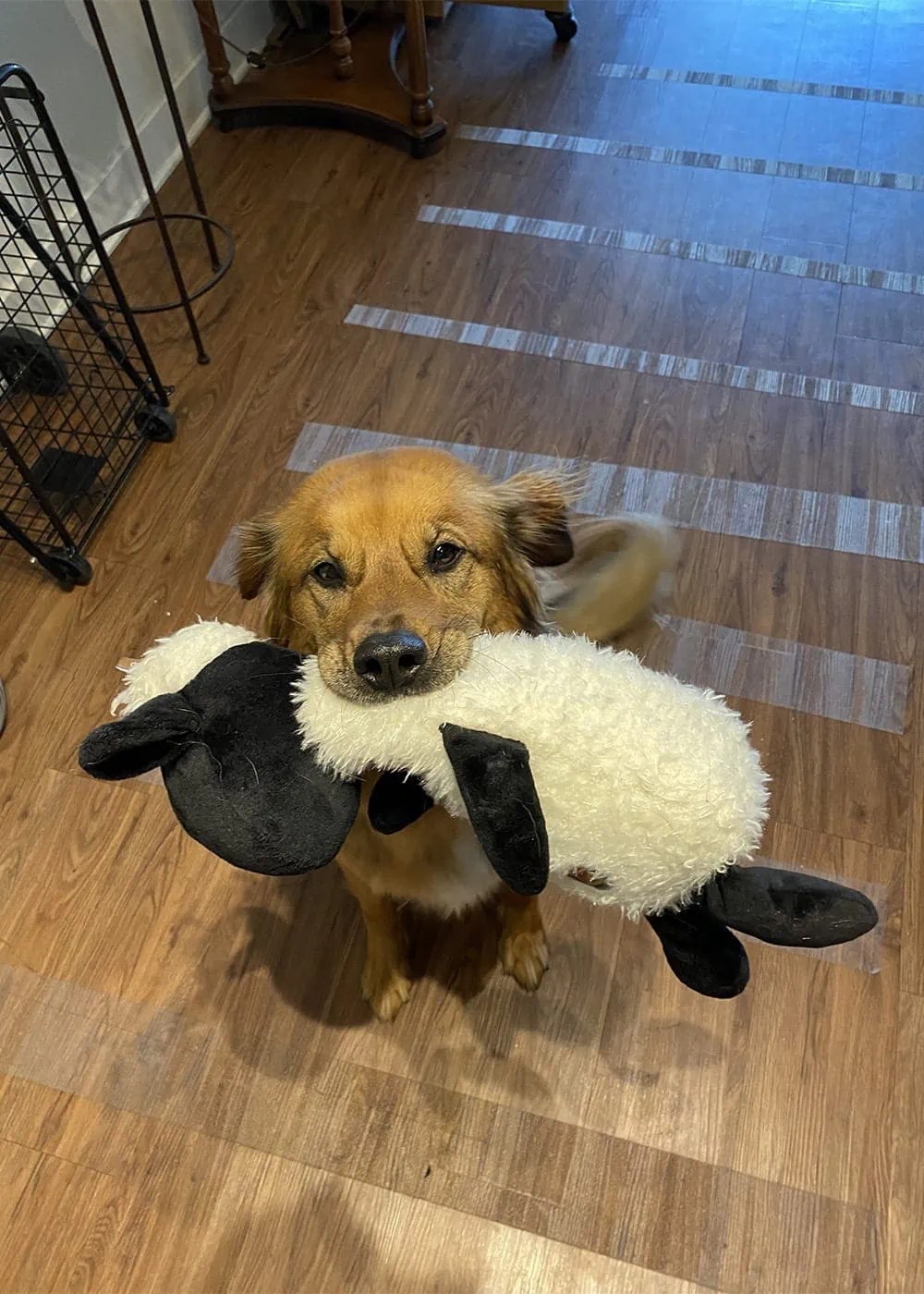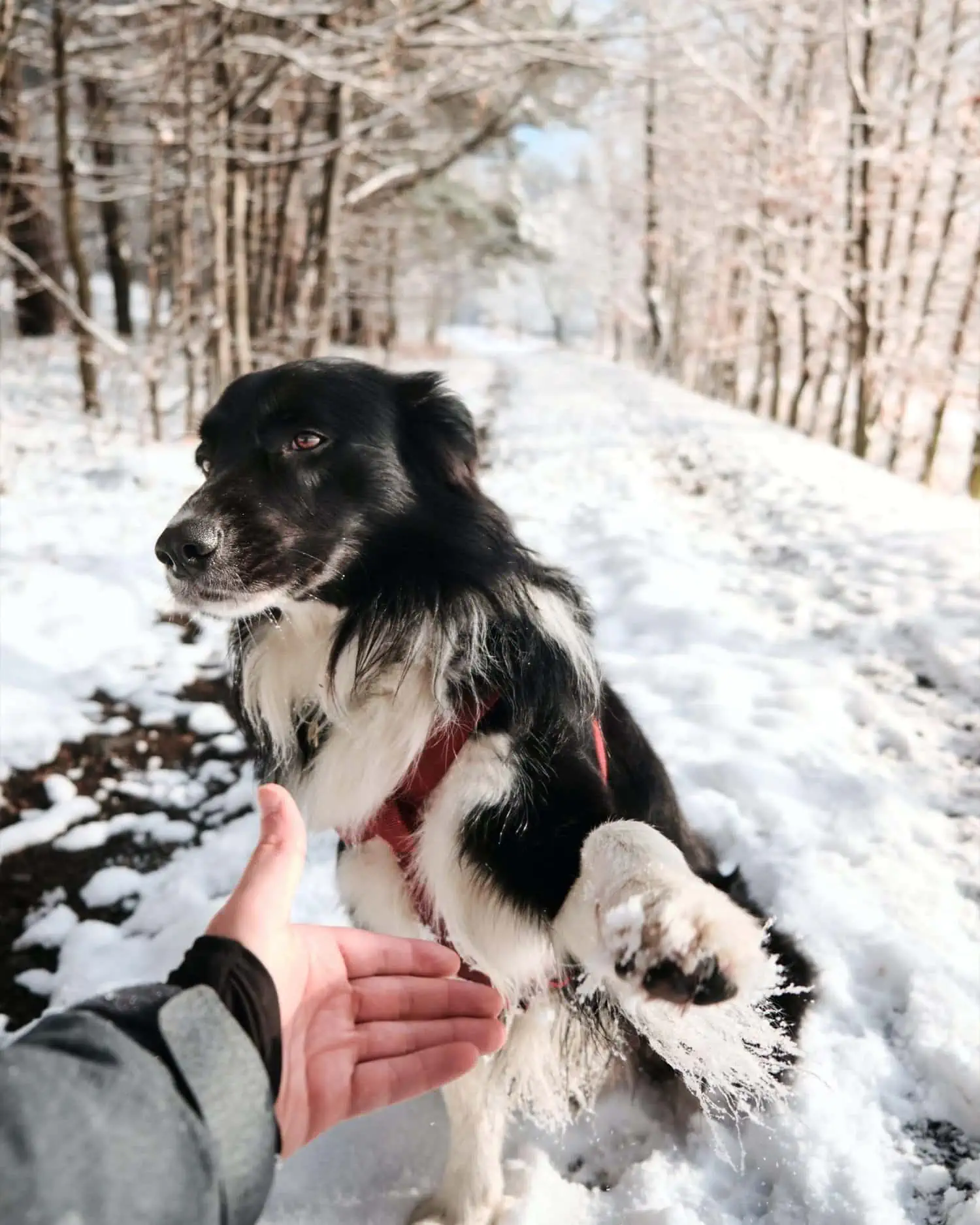Understanding Dog Aggression
Our aggressive dog training program is geared to dogs of all sizes. Honestly, smaller canines oftentimes show aggression that’s seen as “cute”, especially in the city.
Dealing with an aggressive dog can be challenging, but with the right approach and techniques, you can help your furry friend overcome their aggressive tendencies. Understanding the root cause is the first step towards effective training.
Aggression can manifest in various forms, from growling and lunging to barking and showing territorial behavior. It is crucial to recognize the different types of behavior to address them effectively.
Recognizing Different Types of Aggression
Some dogs exhibit aggression due to fear or anxiety, while others may become aggressive out of possessiveness or territorial instincts. By identifying the specific type your dog displays, we can tailor your training approach accordingly.
Recognizing Territorial Aggression in Canines
Dogs may exhibit territorial aggression to protect their space or resources. Understanding and addressing territorial behavior through training and behavior modification can help reduce aggressive responses in such situations.
Identifying Warning Signs of Aggression
It is important for dog owners to recognize the warning signs of aggression in their pets, such as excessive barking, raised fur, or aggressive body language. Early detection of these signs can help prevent aggressive behavior escalation.
Common Causes of Aggression in Dogs
Aggression can be triggered by various factors, including lack of socialization, past traumatic experiences, or medical issues. Identifying the root cause of your dog’s aggression is essential for developing an effective training plan.
Training Methods for Aggressive Dogs
When it comes to training an aggressive dog, positive reinforcement techniques can be highly effective in encouraging desired behaviors and discouraging aggressive tendencies.
Using Positive Reinforcement in Dog Training
Positive reinforcement involves rewarding good behavior with treats or praise, reinforcing positive associations and creating a conducive learning environment for your dog. This method can help your dog develop new, non-aggressive behaviors.
Behavior Modification Techniques
Behavior modification techniques, such as desensitization and counterconditioning, can be used to change your dog’s response to specific triggers that incite aggression. Consistent training and patience are key to success in modifying behavior.
Implementing Desensitization and Counterconditioning
Desensitization involves exposing your dog to the trigger at a low intensity and gradually increasing exposure, while counterconditioning changes your dog’s negative associations with the trigger by pairing it with positive experiences.
Professional Help
Seeking assistance from a professional dog trainer or behaviorist may be necessary to address severe aggression issues. Professional trainers have the expertise and experience to tailor programs to suit your dog’s unique needs.
When to Seek Professional Assistance
If your dog’s aggression is escalating or posing a risk to others, it’s essential to seek the help of a professional. They can provide guidance on how to manage and train your dog effectively.
Benefits of Working with a Professional
A professional trainer can offer personalized training plans, expert advice, and support to help you address your dog’s behavior effectively. They can also teach you how to implement obedience training and socialization techniques.
Choosing the Right Professional for Your Aggressive Dog
When selecting a professional dog trainer, ensure they have experience in handling aggressive dogs and employ positive reinforcement methods in their training approach. The right trainer can make a significant difference in your dog’s training journey.
Tips for Training an Aggressive Dog
Training an aggressive dog requires patience, consistency, and a clear training plan. By following some key strategies and incorporating proper socialization techniques, you can help your dog overcome their aggressive behaviors.
Key Strategies for Obedience Training with Aggressive Dogs
Obedience training lays the foundation for your dog’s behavior and can help reinforce positive behaviors while discouraging aggression. Establishing clear communication and boundaries with your dog is essential for successful training.
Proper Socialization Techniques to Reduce Aggression
Socializing your dog from a young age can help prevent aggression by exposing them to various environments, people, and other animals. Positive social interactions can reduce fear-based aggression and promote good behavior.
Addressing Reactive Behavior in Dogs
Reactive behavior in dogs, such as reacting aggressively towards other dogs or stimuli, can be managed through proper training and desensitization techniques. Working with a professional can provide the guidance needed to address reactive behavior effectively.





